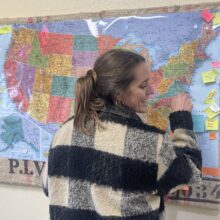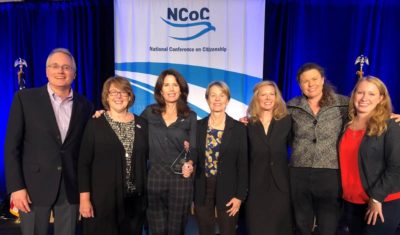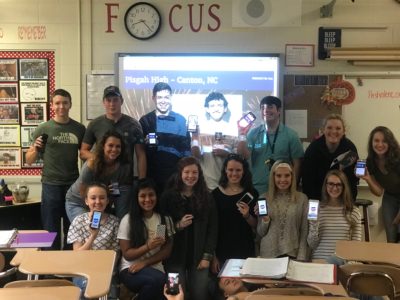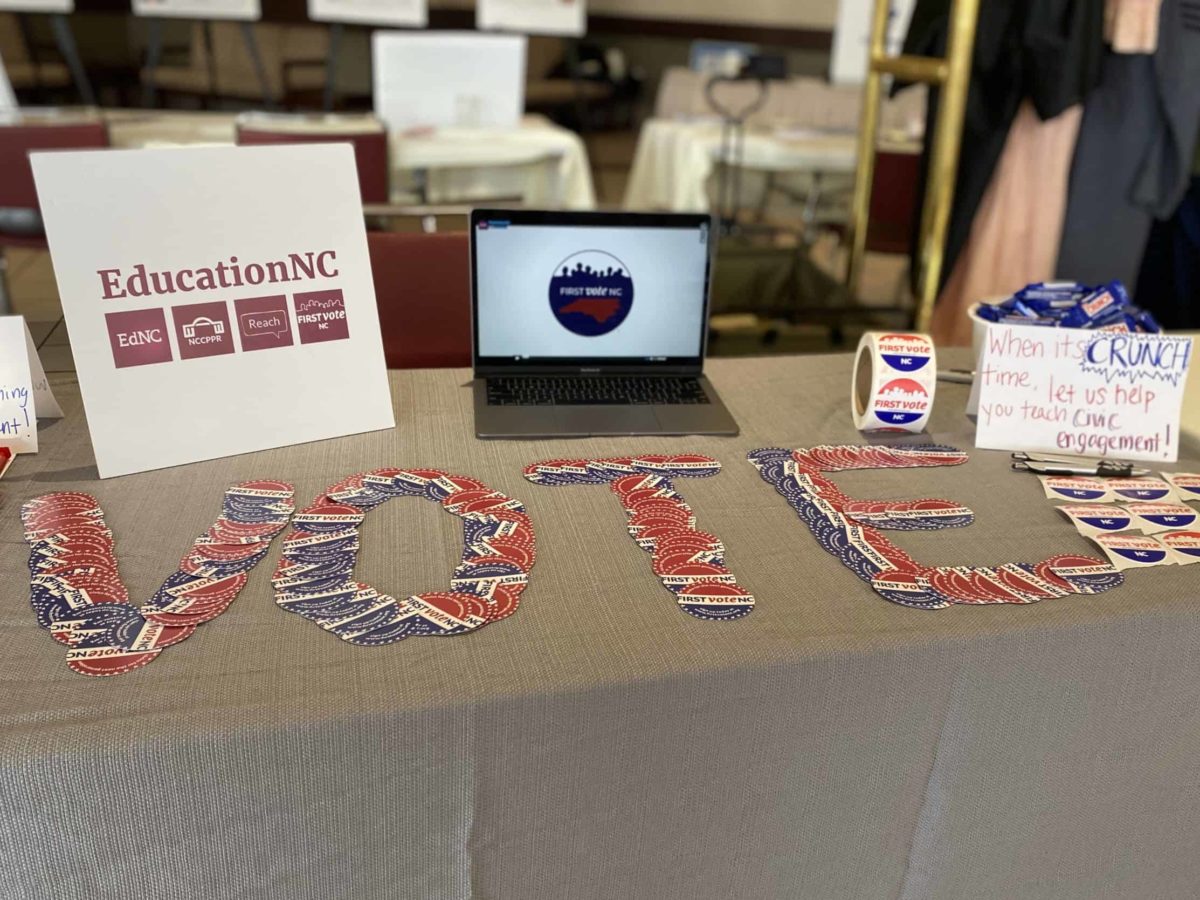
First Vote NC aims to improve youth voter turnout by demystifying the voting process and making voting a habit before students graduate from high school.
An initiative of EducationNC, First Vote NC teaches high school students across North Carolina the mechanics of voting by giving them the opportunity to participate in an online, simulated election — authentic down to the customized ballot based on the address of the student’s school and an “I VOTED” sticker. The First Vote NC voting simulation is 21st century experiential learning at its finest.
Generously sponsored by the State Employees’ Credit Union Foundation, First Vote NC offers North Carolina students and educators an innovative, first-in-class, web-based platform, creating an opportunity for the state’s young people to engage in the democratic process before they turn 18. Our simulations of local, state, and national elections enable students to learn about the mechanics of how, when, and where to vote; to discuss the election; and to actually simulate the act of voting.
Educators used the First Vote NC platform to lead their students through simulations in the 2016 presidential, 2017 municipal, 2018 mid-term, and 2019 municipal elections. More than 55,000 students from 110 high schools in 53 counties and 86 municipalities have cast First Vote ballots. First Vote NC’s work was recognized nationally in fall 2018 when we received an American Civic Collaboration Award (known as the Civvys).
While the tool is designed with the educator in mind, our ultimate audience is high school students — North Carolina’s future voters. Our multi-layered approach includes an authentic simulation election, issue-based questions, demographic data collection for post-election analysis, and a lesson portfolio.
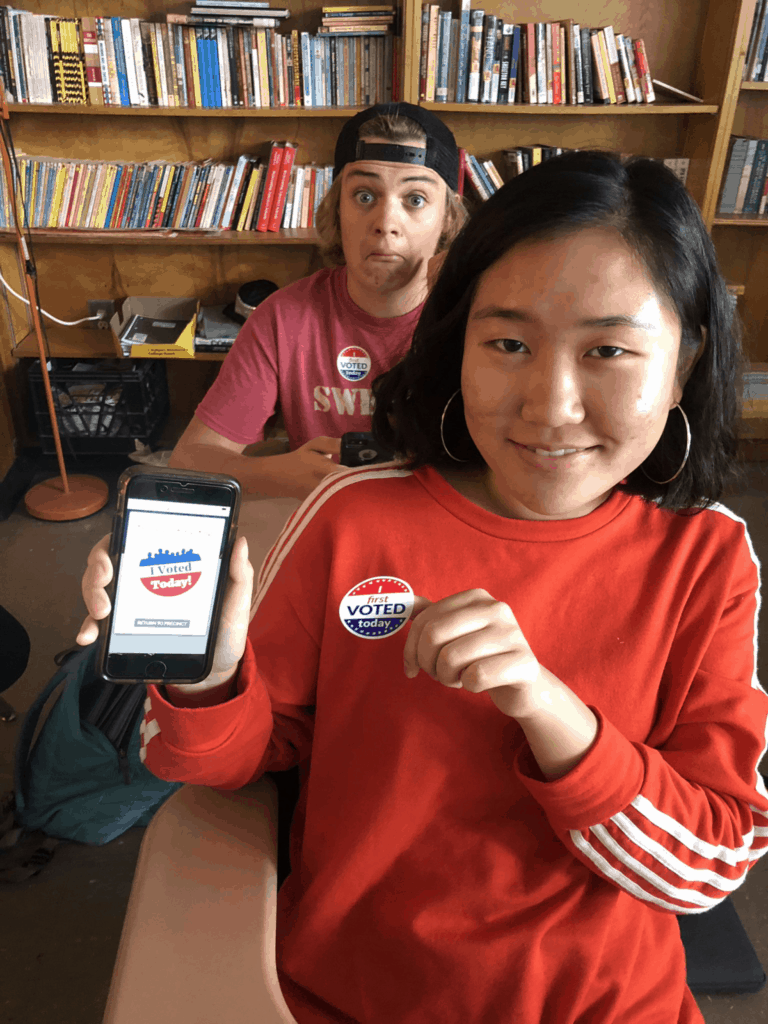
Students showing off their “I voted” stickers. Courtesy of Nate Barilich 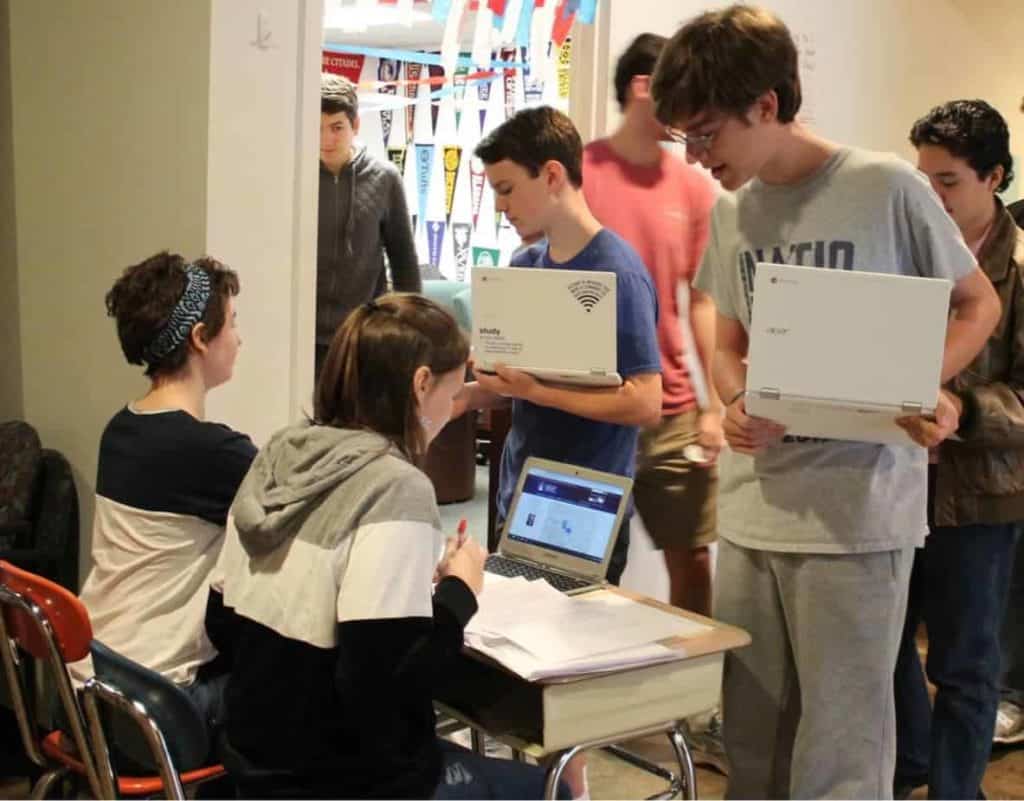
Students at Raleigh Charter line up to vote. Courtesy of Margaret Barnett 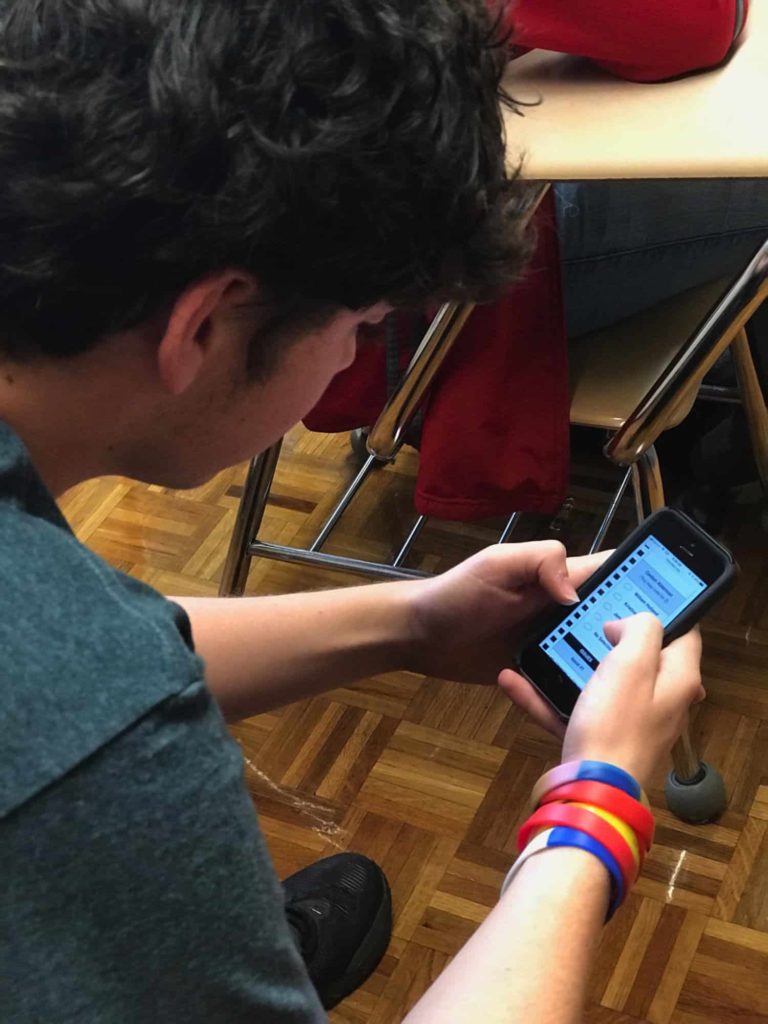
Students across the state used smartphones like this one to participate in the First Vote program. Courtesy of Kadie Boone 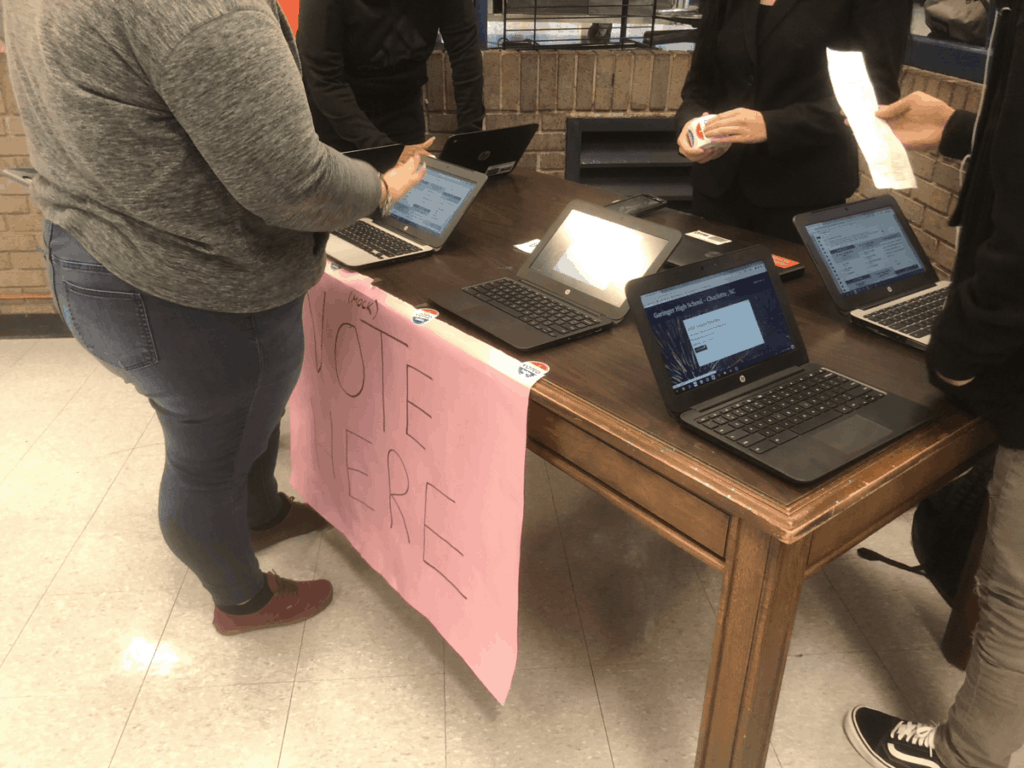
Voting station at Garinger High School. Courtesy of Greg Asciutto 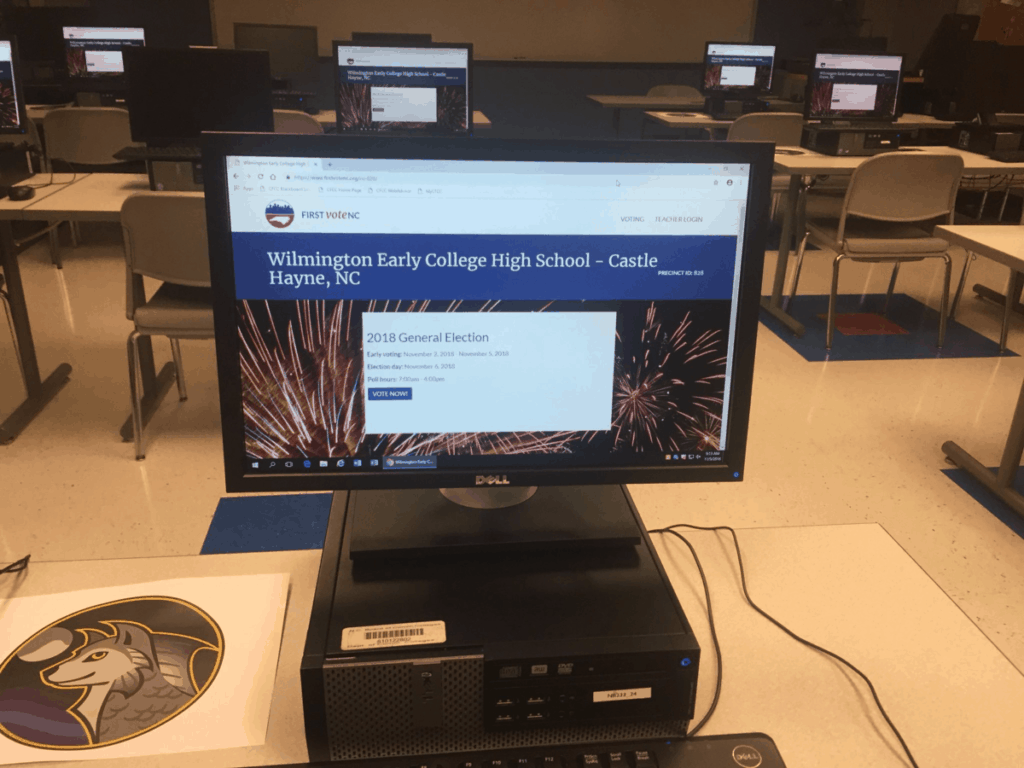
Wilmington Early College voting stations. Courtesy of Lauren Gray 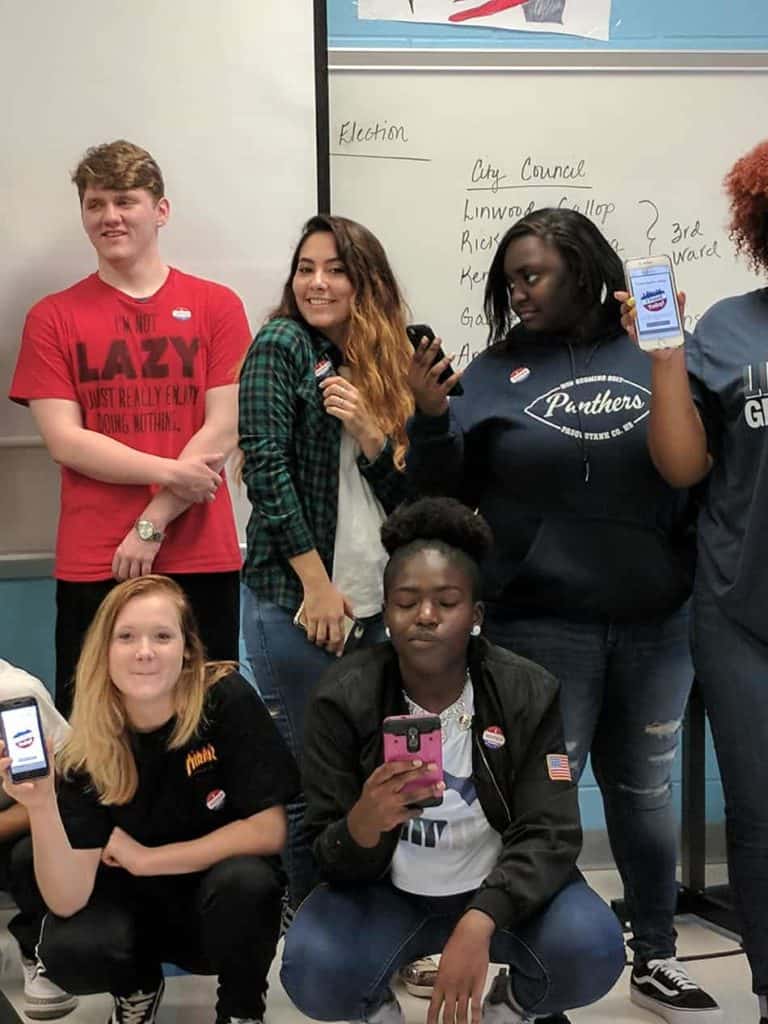
Students at Pasquotank High. Courtesy Cheryl Douglas.
First Vote NC is back this year with a free 2020 presidential election package. Below is a brief description of each aspect of the program.
Online platform ballot
First Vote NC has developed a web-based platform that allows each school to access a customized ballot. For local, state, and national elections, every participating high school receives a ballot that reflects the precinct of the school. That ballot looks like the one a student would receive if they were going to the polls.
The First Vote NC polls are open for early voting in step with the “real” election and close at the end of election day. Results are available by the time students come to school the next day, so they can see how their vote compared to the general election.
The only aspect of the First Vote NC election that does not reflect the broader election is that we allow students to use laptops, school computers, phones, or tablets to vote. This feature makes the process considerably easier for schools and students to take part. Below is an example of the ballot from the 2016 general election:
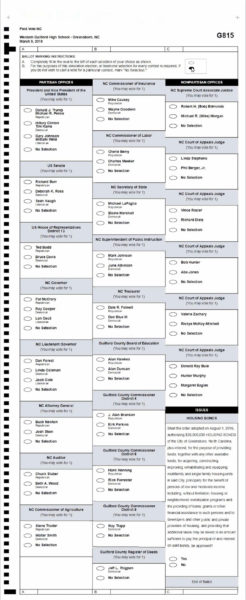
Issue-based questions
To further engage students, First Vote NC creates issue-based questions that are attached to the ballot. In post-election discussions, students go beyond election result comparisons with their peers across the state to discuss how their perspectives on issues compare as well.

Demographic data
The last section of the voting experience is a short demographic questionnaire. This information enables First Vote NC to present the election results and issue-based questions in greater context. We seek to lead students to a deeper discussion about what role things like gender, geography, and how you access information influences your view and your vote.
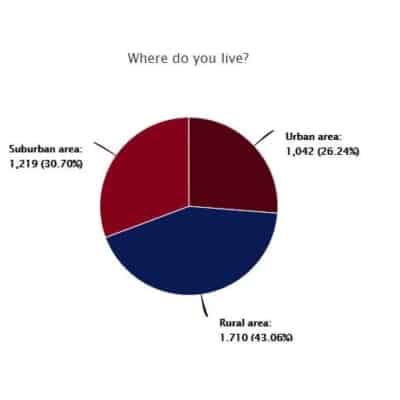
Lesson portfolio
First Vote NC worked with Participate to develop lesson plans to include in a portfolio. The lessons are aligned with North Carolina standards and are designed to be relevant, active, and manageable. They include:
- How to conduct a school-wide election
- How to vote and why it matters
- National, state, and local elections — what’s the difference?
- Local elections
- Political parties and ideology
- The role of media in elections
- The role of money in elections
- Using the First Vote NC results
- Coming soon: The 2020 Census.
Visit First Vote NC to learn more and sign up!


